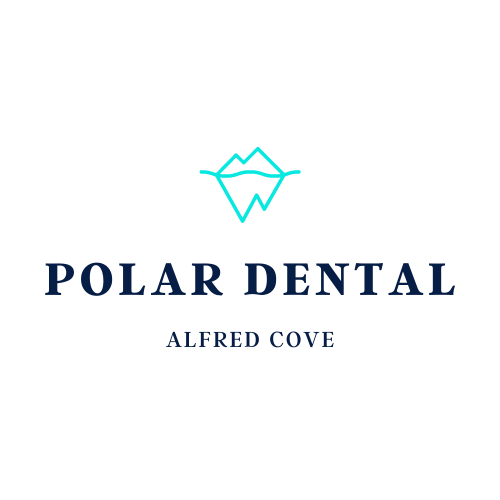Dealing With Dry Mouth
Everyone, at some time or another, experiences dry mouth, (also called ‘xerostomia.’) There are many reasons why dry mouth may occur, including medications, autoimmune diseases, dehydration, smoking, Type 2 Diabetes, and some cancer treatments. It can also occur when you are nervous, upset, or under stress. Medication-induced dry mouth is the most common cause, with hundreds of prescription and over-the-counter medications known to cause the condition. It is particularly common in older adults.
Dry mouth can make it difficult to eat, taste food, swallow and speak. Some common symptoms are:
- Frequent thirst
- Bad breath
- Cracked lips or corners of the mouth
- Mouth sores
- Sticky, dry feeling in mouth and/or throat
- Burning or tingling mouth and/or tongue
- Sore throat or hoarseness
Saliva has several critical functions. Drying irritates the soft tissues of the mouth, which can make them more susceptible to infection. Without the cleansing effects of saliva, erosion, tooth decay and other oral health problems become much more common. Saliva protects your mouth by:
- Washing away food particles
- Killing bacteria
- Neutralising the acids that cause tooth decay
- Strengthening teeth with minerals like calcium and fluoride
- Moistening mouth, nose and throat
Regular dental checkups are important. At each appointment, discuss any medications you are taking and the current state of your health. An updated medical history can help identify a cause for mouth dryness. In severe cases your dentist can recommend products such as dry mouth gel or artificial saliva. You can help to manage your dry mouth by:
- Increasing your fluid intake and
- Restricting caffeine, alcohol and smokingas
- Chewing sugarfree gum
- Using a humidifier at night
Due to the increased risk of tooth decay with dry mouth, it is critical that you take good care of your teeth and gums. Your dentist apply fluoride varnish to protect your teeth and may recommend a high-fluoride toothpaste. You can also help protect your teeth by avoiding:
- Candy/cough drops containing sugar
- High-sugar drinks, carbonated drinks, diet sodas, citrus drinks
- Drinks containing caffeine or alcohol
- Mouthwash containing alcohol
- Excessively salty or spicy food
- Tobacco products



